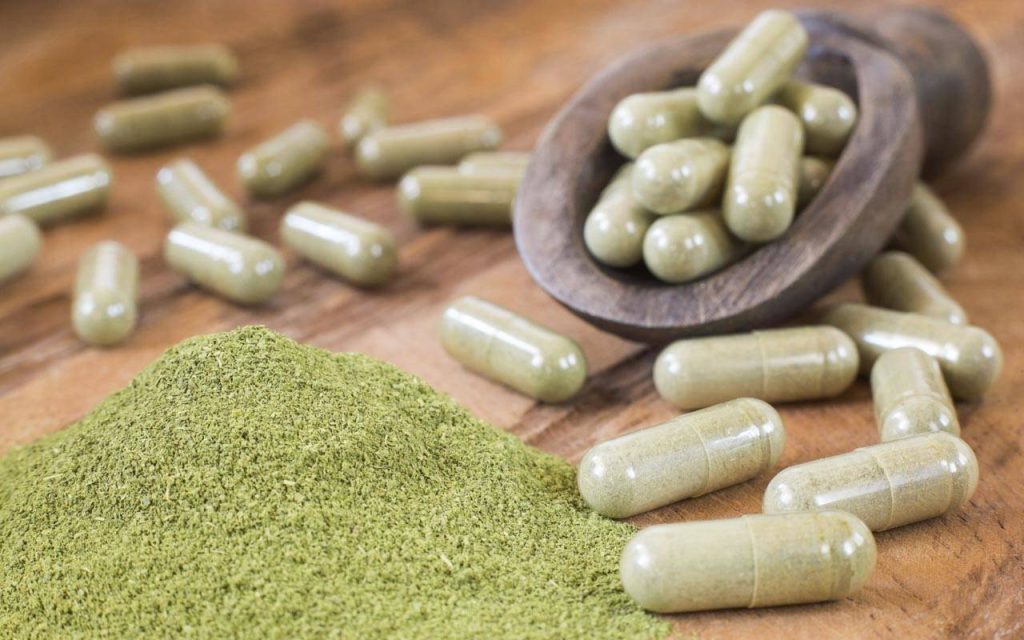Kratom and Skin Health – Can This Herb Support a Clearer, Healthier Complexion?
Kratom, a tropical tree native to Southeast Asia, has gained attention for its potential benefits beyond its well-known effects on mood and pain relief. Recently, interest has expanded into how this herb might influence skin health, raising the question: can kratom support a clearer, healthier complexion? Understanding this potential requires delving into the properties of kratom and its interactions with the body. Kratom Mitragyna speciosa contains alkaloids such as mitragynine and 7-hydroxymitragynine, which have been shown to interact with the body’s opioid receptors. This interaction can produce effects ranging from pain relief and mood swings to increased energy and reduced anxiety. While these benefits are well-documented, their direct impact on skin health is less understood and remains an area of ongoing research. One of the ways kratom might influence skin health is through its potential to reduce inflammation. Chronic inflammation is known to contribute to various skin issues, including acne, eczema, and psoriasis.

By modulating inflammatory responses, kratom could theoretically help manage or alleviate some of these conditions. The herb’s anti-inflammatory properties might reduce redness, swelling, and irritation, leading to a clearer complexion over time. Additionally, kratom’s effects on mood and stress levels could indirectly benefit skin health. Stress is a significant factor in many skin problems, including breakouts and premature aging. By potentially reducing stress and promoting relaxation, kratom might help mitigate some stress-induced skin issues. The herb’s impact on mood could lead to a more balanced hormonal environment, which is beneficial for maintaining healthy skin. However, it is important to approach these potential benefits with high quality kratom brands. While anecdotal evidence and preliminary studies suggest that kratom could have a positive effect on skin health, there is limited scientific research specifically addressing this issue. Most studies focus on kratom’s primary uses pain relief and mood swings rather than its dermatological effects.
Furthermore, kratom’s safety profile remains a topic of concern. The herb can have side effects, including nausea, constipation, and dependency, which could counteract any potential benefits for skin health. Incorporating kratom into a skincare regimen should be approached carefully. Consulting with a healthcare professional is crucial before using kratom, especially for individuals with underlying health conditions or those taking other medications. Additionally, ensuring that kratom is sourced from reputable suppliers and is free from contaminants is essential for both safety and effectiveness. In summary, while there is some preliminary evidence suggesting that kratom might support a clearer, healthier complexion through its anti-inflammatory and stress-reducing effects, more research is needed to confirm these benefits. As with any supplement, it is essential to weigh the potential advantages against the possible risks and consult with a healthcare provider to make informed decisions about its use for skin health.